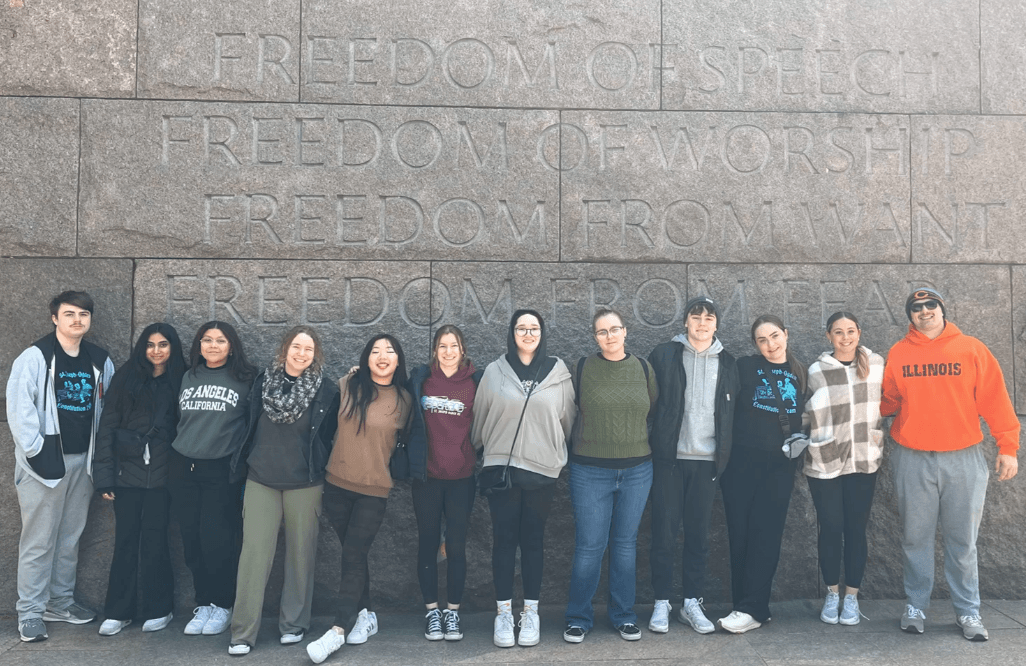Cyberbullying: Should our democracy allow schools to punish students for off-campus cyberbullying?

Abstract
The U.S. Supreme Court has held that students do not “shed their constitutional rights to freedom of speech or expression at the schoolhouse gate” (Tinker v. Des Moines ISD, 1969). But, it has also said that students’ First Amendment protections do not extend to student speech that interferes with the safety and productivity of other students. Therefore, bullying that happens at school is punishable by school authorities. But, what about bullying that happens outside of school? New technologies such as the Internet, cell phones, and social media have made bullying possible anytime and anywhere. This lesson provides students with background information and arguments for and against allowing schools to punish students for off-campus cyberbullying. Students are encouraged to deliberate the issue and come to their own conclusions based on evidence and reason.
This comprehensive lesson includes procedures for a successful deliberation, supplemental materials, and student handouts.
This lesson is available in English and Spanish.
Audience: High School (9-12)
Topic: Current Issues, Due Process, Equal Protection, Foreign Policy, Public Policy, Rights of the Accused, State/Local Government, Supreme Court/Judicial Branch
Teaching Strategy: Controversial Issues, Cooperative Learning/Small Group Work, Discussion/Deliberation, Problem-Based Learning, Structured Academic Controversy (SAC)
US Constitution: Bill of Rights (Amendments I-X), 1st Amendment, 5th Amendment, 14th Amendment

